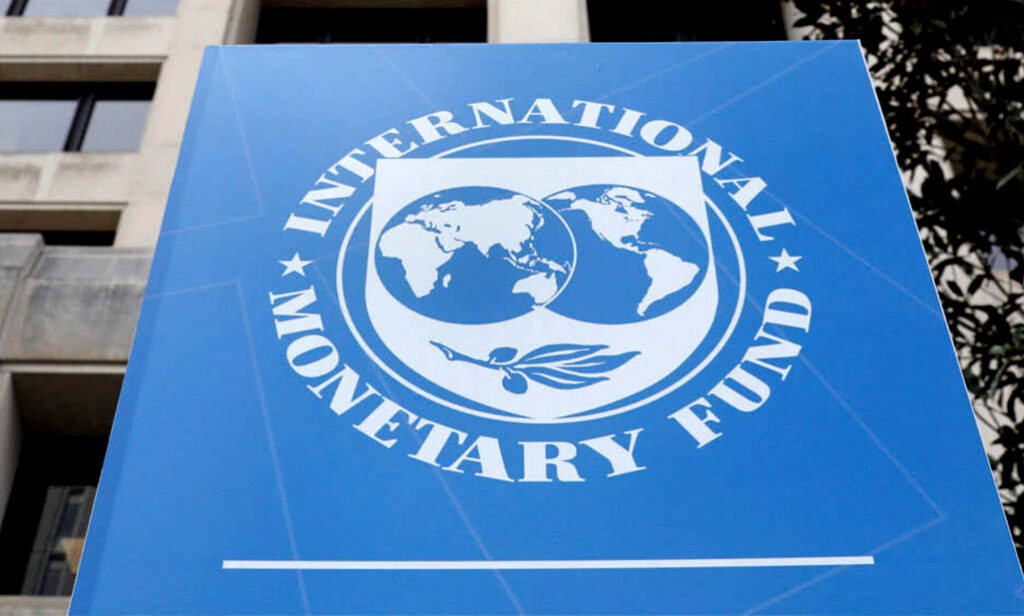Finance Minister Ishaq Dar said on Friday that Pakistan and the International Monetary Fund have reached an agreement on the terms for the release of roughly $1.1 billion in crucial funds, adding that the payment was delayed due to “regular procedures.”
Dar was addressing the media a few hours after an IMF delegation left Islamabad following ten days of negotiations to provide the money Pakistan’s economy sorely needs.
Since last December, payment of the money, which is a component of a $6.5 billion bailout Pakistan agreed to in 2019, has been delayed.
Related: The price of oil stabilises after a big drop because of the IMF’s cut in growth.
Dar stated, “The prime minister has indicated we’re committed. “We shall put into practise whatever our teams have decided upon.”
He continued, “We will work to see that Pakistan completes its second IMF programme in its history.”
According to observers, an agreement with the IMF opens the door for other organisations and states to contribute money, which is required to keep Pakistan from defaulting on its responsibilities for foreign payments. However, the monetary changes required by any agreement are likely to contribute to record-high inflation, which reached 27.5% year over year in January.
Dar announced that the IMF negotiations, which were originally scheduled to end on Thursday, will actually continue on Monday in order to secure a staff-level agreement that would then need to be confirmed by the IMF’s headquarters in Washington before the funds could be released.
Talks are still ongoing, according to a statement from Pakistan’s IMF mission chief, Nathan Porter, who also noted that significant progress had already been made.
The $350 billion economy of the nation, which is experiencing a balance of payments crisis as its foreign exchange reserves have decreased to less than three weeks’ worth of import coverage, depends on the IMF’s support. Shahbaz Sharif, Pakistan’s prime minister, described the country’s economic position as “unimaginable” last week.
One of the requirements imposed by the IMF is that Pakistan increase fuel prices and return to a market-based currency rate.
When asked about other steps, Dar responded that Pakistan would gradually increase fuel prices, wouldn’t tax sales of petroleum goods, and was thinking about drafting a new finance bill. He said nothing more in depth.
Dar added that his administration would review the fund’s reform recommendations for the energy industry.
Earlier, officials from the finance ministry told Reuters that the government and the IMF were debating how to handle the approximately $15 billion in government debt owed by the energy sector.
Related: The IMF says China shouldn’t tighten its macroeconomic policies too soon.
According to them, Pakistan submitted a plan to gradually reduce its debt through price increases and profits from gas companies, but the IMF demanded a more defined course of action.
The $6.5 billion bailout programme, which is scheduled to finish in June, still has another $1.4 billion left in addition to the blocked tranche.

